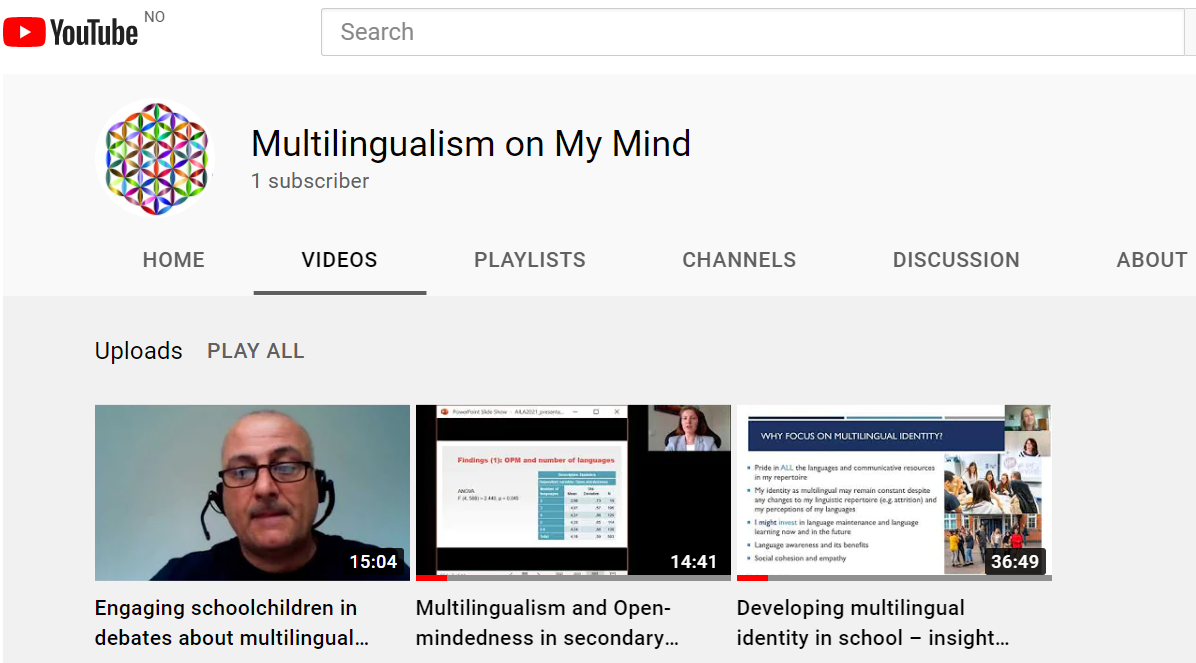MOMM at AILA World Congress 2021
MOMM took part at the AILA World Congress 2021. For those who have missed this event and would like to learn more about multilingualism, presentations from our research group are available online.

Main content
Members of the research group MOMM took part at AILA World Congress, held online on 15-21 August 2021. AILA, which is the acronym for Association Internationale de Linguistique Appliquée or International Association of Applied Linguistics, is an international federation of national and regional associations of Applied Linguistics. AILA has a membership of more than 8,000 individuals worldwide who as researchers, policy makers or practitioners are active in the field of Applied Linguistics. This year’s Congress brought together more than 2000 scholars, and its scientific program included more than 200 thematic symposia.
MOMM’s symposium contributed to the Congress by exploring the challenge of maximising the multilingual potential of schools. The central questions discussed by scholars were: why and how schools can design and enact a multilingual policy, how to develop linguistic proficiency beyond English, and how to help learners use their full linguistic repertoire to advance learning and to negotiate their future multilingual lives?
The symposium started with a featured presentation by Åsta Haukås (Leader of the MOMM research group and the Ungspråk project, University of Bergen) and Linda Fisher (Education Strand Lead on the MEITS project, University of Cambridge). The leaders of the two partner projects discussed multilingualism in two national contexts, Norway and the UK, and talked about how similar but also different their research results are for these contexts. Other papers presented at the symposium addressed the role of multilingualism in educational achievement (Rutgers), the connection between multilingualism and open-mindedness (Tiurikova), the issue of how to engage schoolchildren in interaction with research (Storto), the role of learners’ future self for motivation (Liu), multilingualism in Norwegian (L1) curriculum (Vikøy), pre-service EFL teachers’ understandings of a plurilingual pedagogy (Cutrim Schmid), multilingual language and literacy practices in Zambia, Botswana and Tanzania (Costley), and many other issues.
One of the advantages of an online format of this Congress is that pre-recorded presentations are available online. For those who have missed this event and would like to learn about multilingualism and our research projects, we make our presentations available on our YouTube channel.
